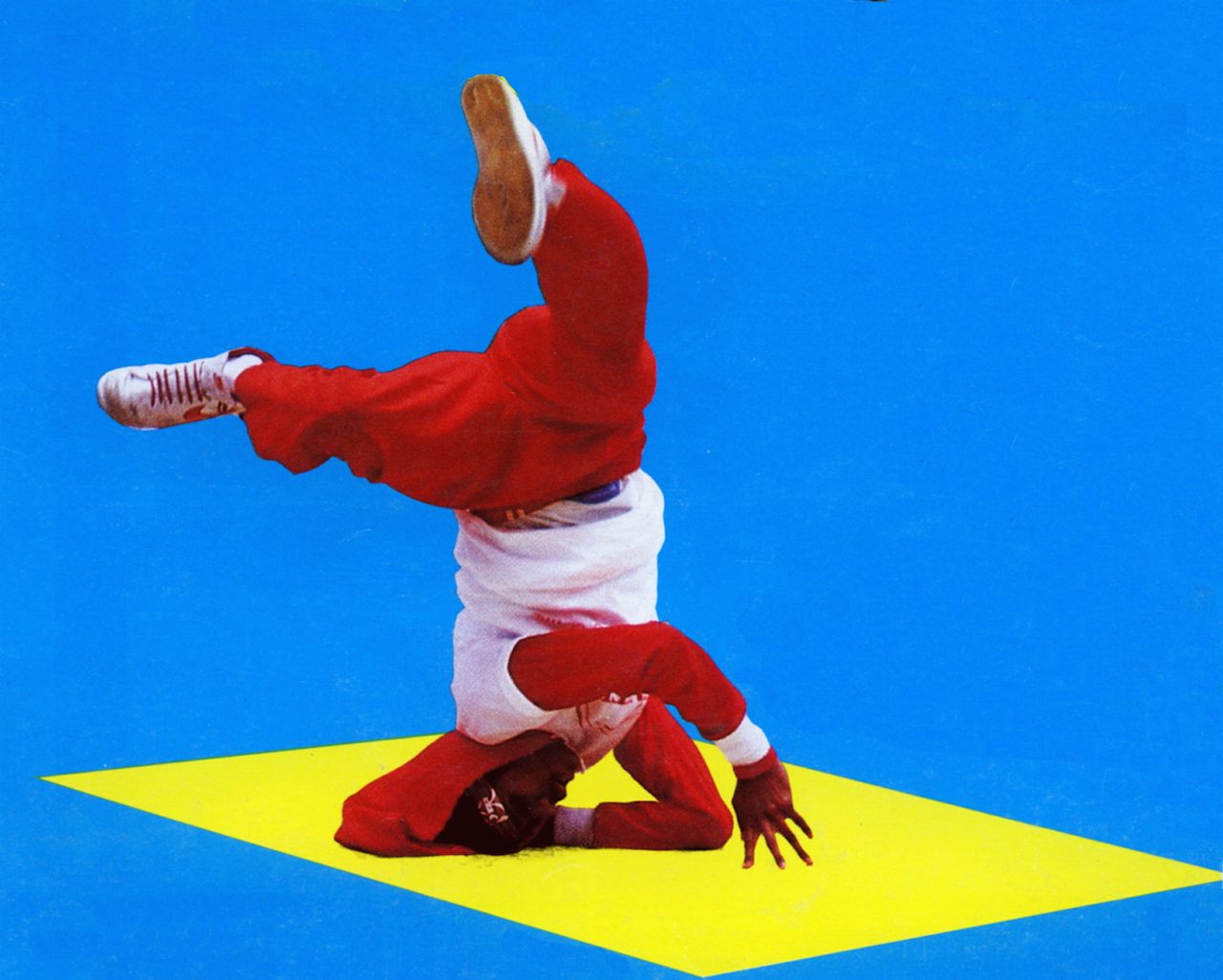I’ve been wondering lately if we’ve finally come up against the ceiling of the word “rap.” Some of my favorite artists working in the tradition of hip-hop, like Lil Uzi Vert and Lil Yachty, have as much in common with the pop-punk and emo acts that influenced them in their youth as they do with the genre that ate disco and spat out breakbeats in the late ’70s. And yet they’re often boxed into the category and expected to conform to its constraints. (On SoundCloud, the platform on which Uzi first grew his fanbase, he tagged a recent track as “Alternative Rock.”) Think about it this way: Hip-hop has been around so long that one of its originators, the legendary Bronx DJ Kool Herc, is older than Barack Obama. So why do we still expect so much to fit neatly within its borders?
Over hip-hop’s multi-decade, multi-generational span as a genre and a culture, a confluence of regional idiosyncracies, sociopolitical circumstances, and changes in technology has led to constant reinvention. Along the ride, it swelled into a multibillion-dollar industry and became the primary language shaping American pop culture. Despite attempts at co-option and a persistent imbalance in industry power and economics, black youth have remained at its forefront, as creators of music, dance, slang, and much more. Unlike other genres — such as rock, techno, and house — that were effectively stripped of their black origins, public conversations about the ownership of rap have kept it in a much firmer grip. Which is why I understand the impulse to cling to the days of yore, and the generational wars that have replicated themselves many times over the past 40 years. But it’s time to admit that the dominant narrative pitting “real hip-hop” against whatever is happening today has reached a stalemate. We need new words.
It’s time to admit that the dominant narrative pitting “real hip-hop” against whatever is happening today has reached a stalemate.
A new crop of historical films and TV programs suggests that the tide might be turning, and that we might finally be ready to close the book on hip-hop per se. Baz Luhrmann’s serialized Netflix drama, The Get Down, for example, broadcast a glossy, fictionalized take on the birth of hip-hop. A recent rash of documentaries retreads that story: Last year, there was Hip-Hop Evolution, the Netflix-distributed mini-series that begins with the birth of hip-hop and promises to chart its transformation. Elsewhere, forthcoming documentaries about the inner lives of Cash Money Records and Bad Boy Records, the latter of which will premiere at the Tribeca Film Festival this spring, were recently announced.
And this week came news that Russell Simmons is producing The Definitive History of Hip Hop, a documentary series that will air on Simmons’ All Def Digital platform. “With the breakout success of entertainment properties like Straight Outta Compton and Moonlight in film, Empire and Atlanta in television, even Hamilton on Broadway, there could not be a better time to tell this story about the embryonic days of hip hop,” All Def’s Sanjay Sharma told Deadline. Added Simmons, “The Definitive History of Hip Hop is the untold story of the birth of this art form. The series gets behind the scenes of what drove the beats, the rhymes, the ideas — and the people — that so powerfully hit a chord with all of youth culture in America and around the world.”
The announcement was somewhat of a surprise, considering that Hip-Hop Evolution did just that (and featured interviews with Simmons). But it also makes perfect sense. The spate of films and programs comes at the same time as a marked uptick in nostalgia for the ’90s and ‘00s, demonstrated in part by the return to fashion from those eras. Artists, too, are cashing in. Last year, Puff Daddy took a handful of former Bad Boy artists on a 20th anniversary reunion tour through 24 cities. This spring, the Ruff Ryders aspire to do the same for one night. In many cases, the audiences are all grown up and have disposable income to afford concert and movie tickets, and some artists are perhaps facing the financial pressure that comes with approaching middle-age.
Countless books have been written and college courses taught about hip-hop. But the historical angle and the interest in looking at the genre retrospectively suggest to me that we’ve arrived at a new crossroads. Maybe looking back will mean we’re finally ready to move forward.
